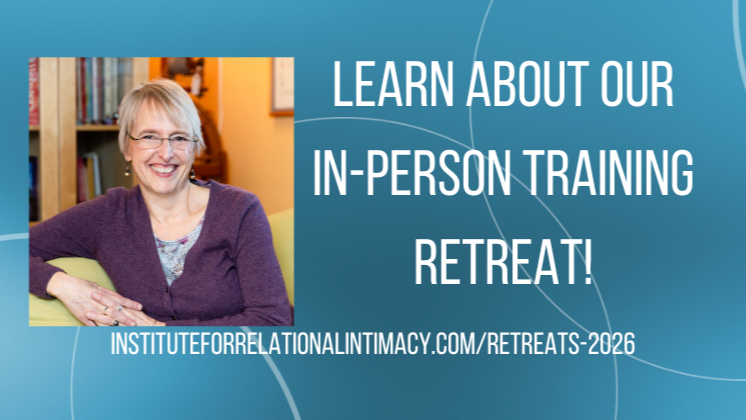Asexuality And Labels, Part Two
Dec 18, 2019
Last week, I shared the first part of my response to a colleague’s question about young people identifying as asexual. You can read the first part here, where I talked about the benefits and potential pitfalls of labels, and how we can embrace fluidity while still communicating important aspects of our identity to one another. This week, I’m tackling the second part of the question, and talking about youth and sexual identity.
Youth and Identity
Young people have so much to figure out about themselves. I often wonder if my own coming out process would have been different had I known a fuller range of possibilities when I was very young. I was born in the early 1960’s, and I definitely did not know anything about being gay or bisexual, let alone pan or asexual.
But I do remember how I fought with my mother when she wanted me to study subjects that would lead to me having a good job, and I wanted to study art. I got very stubborn. And I remember her vociferously discouraging me from marrying when I was 18. I often wonder if I would have been able to find the courage to call off the wedding if it hadn’t meant I’d have to swallow my pride and admit to my mother that I had been wrong.
In both cases, I fought so hard for my right to know myself better than she did that I was not able to change my mind easily. I wasn’t willing to have that conversation with my mom. I didn’t want to hear “I told you so” on top of everything else I was going through at the time.
So how the heck do you teach young people how to navigate fluidity, without telling them you think they will probably change their minds and identities multiple times in their lives? Young people are often in a process of differentiating from their parents, and also from their culture. That might involve trying on new labels or identities, and it may involve engaging with important aspects of themselves–such as sexual identity–that may be surprising to you or run counter to your expectations.
Maybe that identity will evolve over time, and maybe it won’t. In either case, you can help them stay open to whatever may emerge by welcoming their disclosures with warmth and curiosity: “Thank you so much for trusting me with this information. Tell me more about what this means to you. How can I best support you?”
Teaching Resilience and Flexibility
I think it is so important that we help children and young people build resilience, flexibility, and differentiation. But I don’t think these are skills that can be taught directly, by explaining the concepts. It’s likely that would just feel too didactic, or judgmental to someone who is just beginning to explore what it is to disagree with authority figures. I think these are things that are better taught by example, and indirectly.
You might be able to help a young person learn to bounce back from disappointment by doing so yourself, and by celebrating when they are able to do so in any area of life. Similarly, teaching young people how to challenge themselves, evaluate and re-evaluate situations, and make course-corrections and pivots in other spheres will give them the skills they need to navigate fluidity in intimate and relational contexts. Supporting differentiation in young people means giving them positive feedback for sharing difficult material with you:
- “Thank you for trusting me enough to tell me.”
- “I’m so glad to know this about you.”
- “Would you like to tell me more? I’m so interested in how you came to understand this about yourself.”
- “How can I best support you?”
With support like that, I’m confident the young people in your life will be able to make any course-correction they need to, and will feel they can come to you with anything they want to share. They will meet with plenty of doubt and marginalization. Having a safe place where they don’t have to feel defensive about their self-exploration is the best gift you can possibly give.






